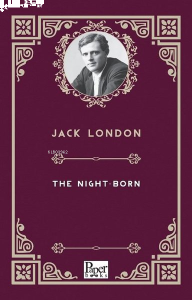9786256505070
816527

https://www.hesapli24.com/the-sonnets-2
The Sonnets
8.00
Shakespeare's sonnets are considered a continuation of the sonnet tradition that swept through the Renaissance from Petrarch in 14th-century Italy and was finally introduced in 16th-century England by Thomas Wyatt and was given its rhyming metre and division into quatrains by Henry Howard. With few exceptions, Shakespeare's sonnets observe the stylistic form of the English sonnet—the rhyme scheme, the 14 lines, and the metre. But Shakespeare's sonnets introduce such significant departures of content that they seem to be rebelling against well-worn 200-year-old traditions.
Instead of expressing worshipful love for an almost goddess-like yet unobtainable female love-object, as Petrarch, Dante, and Philip Sidney had done, Shakespeare introduces a young man. He also introduces the Dark Lady, who is no goddess. Shakespeare explores themes such as lust, homoeroticism, misogyny, infidelity, and acrimony in ways that may challenge, but which also open new terrain for the sonnet form
Shakespeare's sonnets are considered a continuation of the sonnet tradition that swept through the Renaissance from Petrarch in 14th-century Italy and was finally introduced in 16th-century England by Thomas Wyatt and was given its rhyming metre and division into quatrains by Henry Howard. With few exceptions, Shakespeare's sonnets observe the stylistic form of the English sonnet—the rhyme scheme, the 14 lines, and the metre. But Shakespeare's sonnets introduce such significant departures of content that they seem to be rebelling against well-worn 200-year-old traditions.
Instead of expressing worshipful love for an almost goddess-like yet unobtainable female love-object, as Petrarch, Dante, and Philip Sidney had done, Shakespeare introduces a young man. He also introduces the Dark Lady, who is no goddess. Shakespeare explores themes such as lust, homoeroticism, misogyny, infidelity, and acrimony in ways that may challenge, but which also open new terrain for the sonnet form
Yorum yaz
Bu kitabı henüz kimse eleştirmemiş.





















